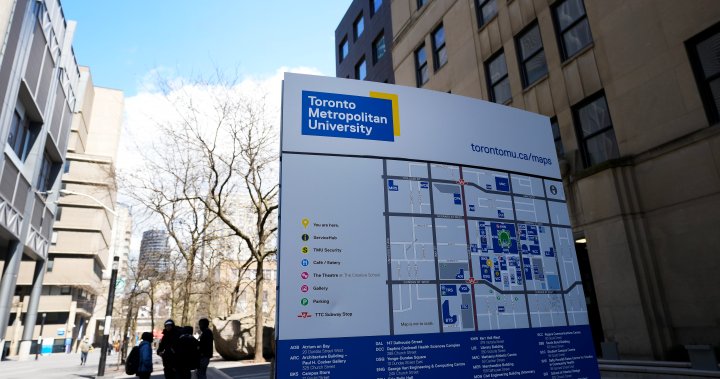In a significant shift for Toronto’s transit landscape, the TTC board is weighing a proposal that could see Dundas subway station renamed after Toronto Metropolitan University. The potential change comes amid broader discussions about the legacy of Henry Dundas and represents the latest chapter in Toronto’s ongoing reconciliation with controversial historical figures.
The renaming initiative gained momentum following last Thursday’s TTC board meeting, where officials voted to launch public consultations on the proposed change. This process would replace the name of a station that has served as a downtown transit hub for generations of Torontonians.
“This consideration isn’t happening in isolation,” explained TTC Chair Jamaal Myers during the board meeting. “It’s part of a larger municipal conversation about how we commemorate historical figures whose legacies are now understood differently.”
The potential subway station renaming follows Toronto City Council’s 2021 decision to rename Dundas Street itself, a move prompted by increased awareness of Henry Dundas’s controversial role in delaying the abolition of the transatlantic slave trade in the 18th century. That street renaming process remains ongoing, with implementation expected by 2025.
Toronto Metropolitan University, formerly Ryerson University until its 2022 rebranding, has offered to contribute financially toward the station renaming costs. TMU President Mohamed Lachemi confirmed the university’s willingness to participate in a cost-sharing arrangement, noting that “this represents an opportunity to strengthen the connection between our campus and the transit infrastructure that serves our students daily.”
Initial cost estimates for the renaming range between $1.4 million and $2.1 million—significantly less than earlier projections of up to $7 million. These expenses would cover updating maps, signage, transit announcements, and various digital platforms across the TTC network.
The public consultation process is expected to begin in the coming weeks, offering Toronto residents the chance to weigh in on the proposed change. TTC officials emphasized that community input would be a crucial factor in their final decision.
“Transit stations aren’t just physical spaces,” noted TTC Commissioner Chris Moise. “They’re important reference points in how people navigate and understand their city. Any change requires thoughtful consideration of both practical concerns and symbolic meaning.”
This potential renaming raises broader questions about how cities should balance historical recognition with contemporary values. As Toronto continues addressing problematic historical figures, how will these changes reshape not just our transit maps, but our collective understanding of which names deserve commemoration in public spaces?










